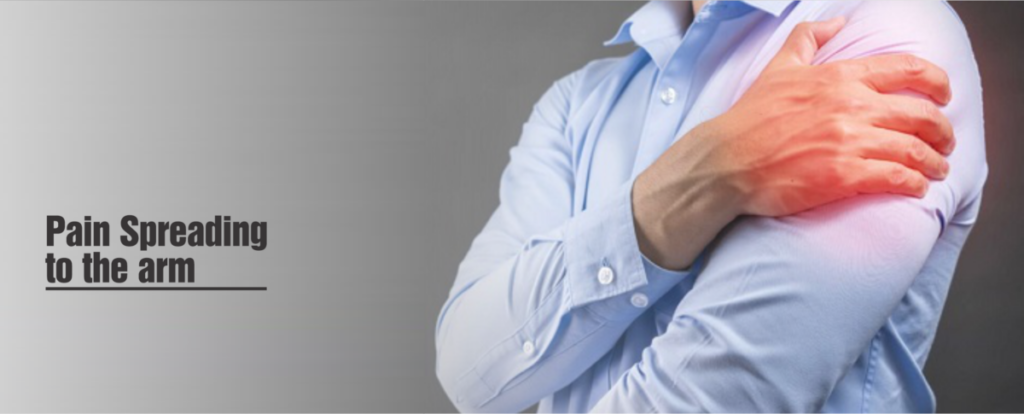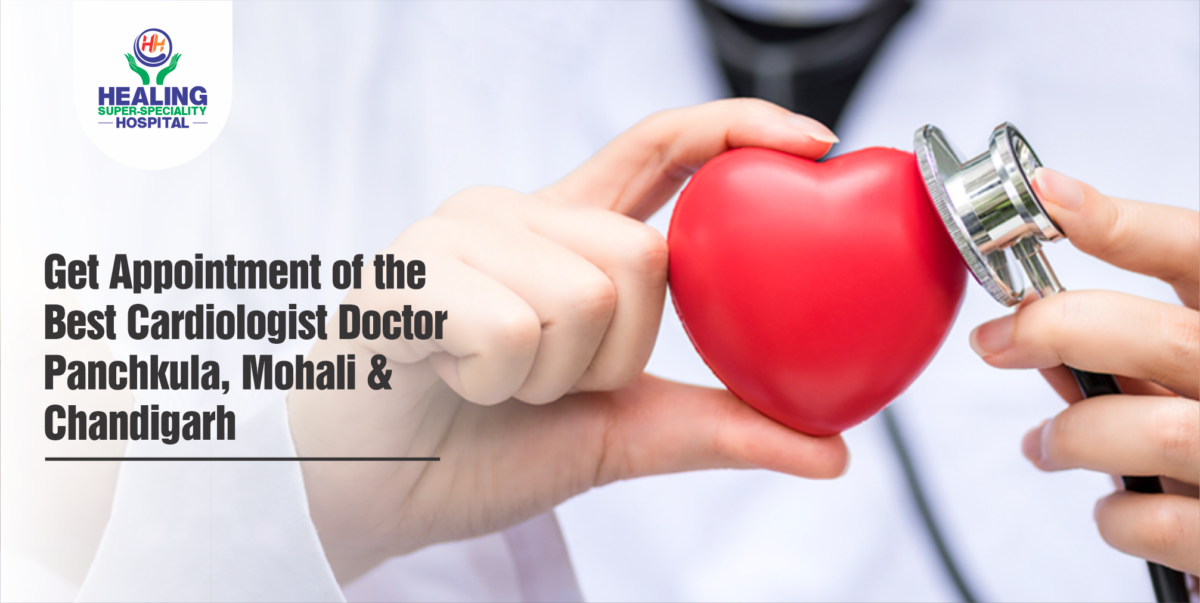The heart is one of the most vital organs in the human body. Basic functions of the heart include pumping oxygenated blood, hormones, and other vital substances to different parts of the body, maintaining blood pressure, receiving deoxygenated blood and waste products from the body and pumping it to the lungs for oxygenation.
Due to the prominence of heart disease worldwide today, cardiology has become a very significant health profession. A cardiologist is a practitioner who specializes in the treatment of the heart and blood arteries, in short, the cardiovascular system.
They are qualified to treat heart attacks, heart failure, heart valve disease, arrhythmia, and high blood pressure. Cardiologists also guide their patients about heart-healthy habits.
Looking for the Best Cardiologists in Panchkula? Book an appointment here: https://healinghospital.co.in/cardiology-department/
If you experience any of the following symptoms, getting an appointment with a cardiologist is highly recommended.

- Chest discomfort: This is one of the most common warning signs or symptoms of any cardiovascular disease. Most heart attacks begin with pain in the centre of the chest while you are resting or doing some physical activity. This pain may last more than a few minutes – or it can go away and then return.
You may experience a tightening, squeezing, fullness, or discomfort in or around your chest. Although you should also bear in mind that sometimes people get heart attacks without experiencing any chest pain at all. This is particularly prevalent among women.

- Pain spreading to the arm: Another common symptom of a heart attack is pain radiating down the left arm of the body. Although the pain mostly begins from the chest, in some cases mere arm pain can also turn out to be a heart attack.
Therefore, you should never hesitate to call the emergency helpline number if you feel even the slightest doubt.
- Throat or jaw pain: Pain or discomfort in the middle of your chest that extends to your throat or jaw can be a symptom of a heart attack. In such a case, seek medical care immediately.
- Nausea: You can indeed feel nauseous because of a variety of reasons unrelated to your heart. But you should still be conscious of the fact that it can also be a warning for a heart attack.
So, if you’re experiencing this symptom, especially if you’re at risk for heart problems, see a doctor right away.
Consult the best cardiologists in Mohali here: https://healinghospital.co.in/cardiology-department/
- Sweating: Sweating unusually, particularly if you aren’t much physically active, may be an early sign of a heart problem. Since pumping blood into clogged arteries requires more effort from your heart, your body sweats more to compensate for the increased exertion. Night sweats are a common symptom of heart disease in women.
Also, cold sweats that appear out of nowhere could be a signal for a heart attack. If this occurs along with some other signs, call for an ambulance immediately or ask a friend to rush you to the hospital. Refrain from driving on your own.
- Fatigue and shortness of breath: Feeling tired all the time and shortness of breath are common symptoms related to heart problems. As your heart works overtime, you can experience a general sense of exhaustion.
- Snoring: Snoring is mostly harmless and normal. However, it may also be a warning for heart problems. A condition known as sleep apnea can be detected by unusual snoring that sounds like choking or gasping. Fixing an appointment with your cardiologist can determine whether or not you have this disorder.
- Irregular heartbeat: It is important to fix a meeting with the cardiologist if you experience irregular heartbeats often and for more than a few seconds. It may not be serious in the majority of cases but no chances should be taken when it comes to the heart.
Irregular heartbeats can sometimes indicate the presence of a disorder known as atrial fibrillation, which necessitates medical attention.
- Heartburn, indigestion or stomach ache: Heartburn, indigestion and stomach ache may be unrelated to the heart, and can occur because of problems such as food allergy. However, it is important to remember that it can also be a strong sign of a heart attack.
- Swollen legs, feet and ankles: Legs, feet and ankles can swell up due to blood backing up in the veins when the heart cannot pump up blood efficiently. They can also swell up because of kidney function becoming inefficient due to heart problems.
























